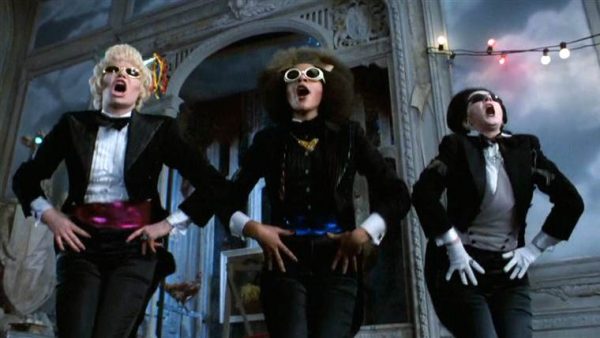It may sound like the stuff of science fiction, but scientists have already detected a time warp. But what does this mean? Basically, a time warp is some phenomenon that changes the flow of time by speeding it up or making it run more slowly.
Physicists have known about time warps for over 100 years: In fact, you’re standing on a kind of time warp right now.
In 1905, Albert Einstein published his theory of special relativity, followed a decade later by his sequel on general relativity, which stated that gravity is a property of the curving of space and time — the fabric of our universe. As a result, anything that has mass can warp time.
Naturally, bigger things warp time better. With masses billions of times larger than the sun, black holes have a lot of heft, which translates into a lot of time-warping potential. If you were to approach a black hole, the object’s gravity would dilate time, making things happen much more slowly than they would when compared to an outside observer. However, a black hole wouldn’t make a good time machine if you wanted to make a return trip: After passing a certain point called the event horizon, you and anything you bring with you can never come back out. Not even light (hence the name black hole).



